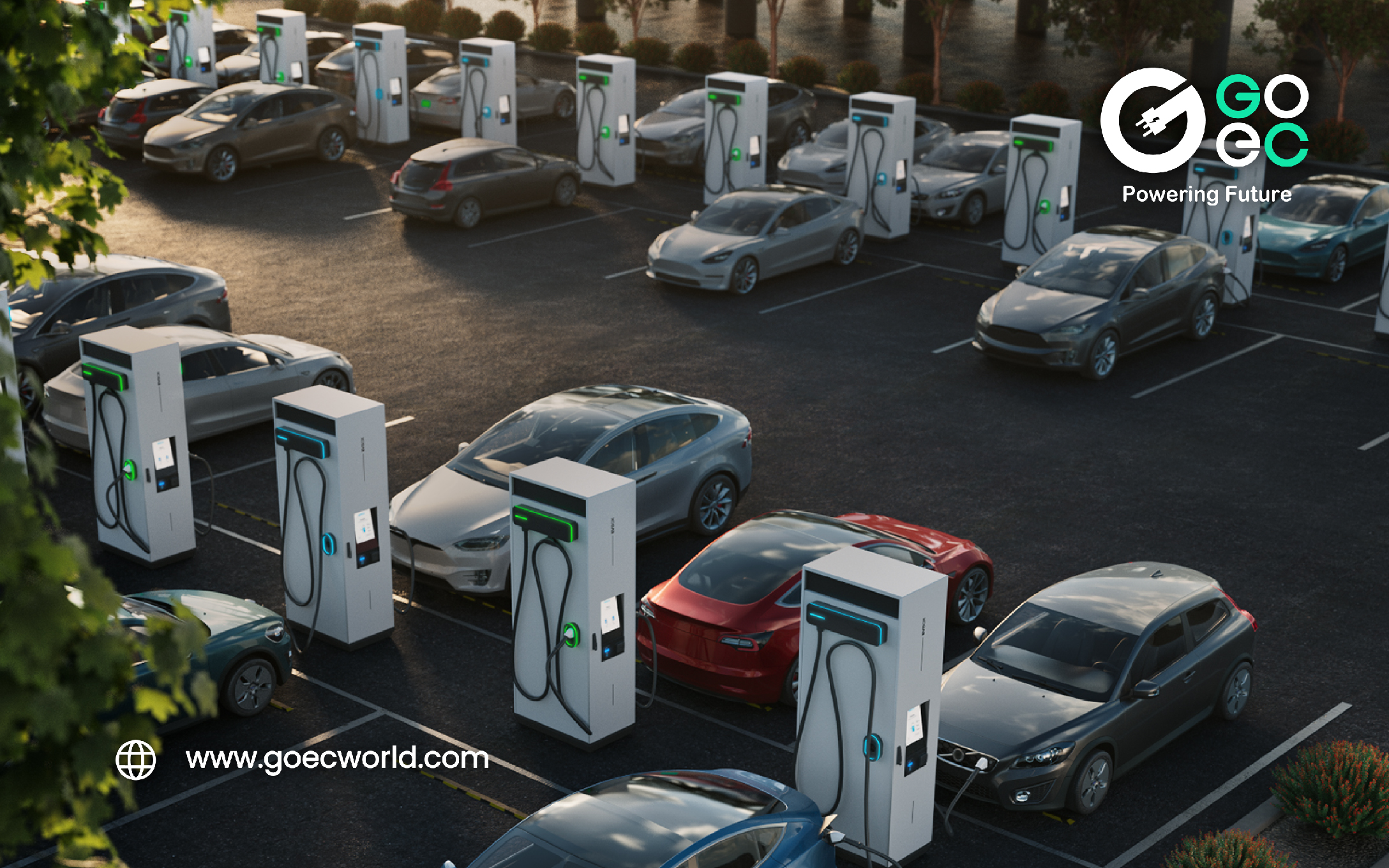Electric vehicles (EVs) are becoming increasingly popular as more people are opting for sustainable transportation options. However, the infrastructure to support these vehicles is still catching up, and one of the biggest challenges in this regard is building and maintaining EV charging stations. In this blog, we will discuss some of the challenges associated with building and maintaining EV charging stations and how to overcome them.
Location and Accessibility: The location of EV charging stations is crucial to their success. They should be strategically located in areas that are easily accessible and have a high footfall. However, finding suitable locations can be a challenge due to the limited availability of land, zoning restrictions, and high real estate costs. It is important to work with local authorities and stakeholders to identify suitable locations for charging stations.
Cost: Building and maintaining EV charging stations can be expensive. The cost of equipment, installation, and ongoing maintenance can add up quickly. To overcome this challenge, it is important to explore funding options such as grants, subsidies, and partnerships with private companies. In addition, offering paid charging services can help generate revenue to cover the cost of operation and maintenance.
Technical Challenges: EV charging stations require technical expertise to install and maintain. This includes knowledge of electrical systems, networking, and software integration. To overcome these challenges, it is important to work with experienced professionals and companies that specialize in EV charging infrastructure. It is also important to invest in high-quality equipment and software to ensure reliability and ease of use for customers.
User Experience: The user experience is critical to the success of EV charging stations. Customers expect easy and convenient access to charging facilities, reliable equipment, and transparent pricing. To meet these expectations, it is important to invest in user-friendly interfaces, clear signage, and responsive customer support. In addition, offering value-added services such as Wi-Fi, snacks, and restrooms can enhance the user experience and encourage repeat business.
Regulatory Compliance: EV charging stations are subject to various regulations and standards, including safety, accessibility, and environmental requirements. To ensure compliance, it is important to stay up to date with local and national regulations, work with certified installers and equipment providers, and conduct regular safety inspections and maintenance.
In conclusion, building and maintaining EV charging stations can be challenging, but with careful planning, investment, and collaboration, these challenges can be overcome. By focusing on location and accessibility, cost, technical expertise, user experience, and regulatory compliance, EV charging stations can provide a reliable and convenient service to EV drivers and contribute to the transition toward sustainable transportation.
